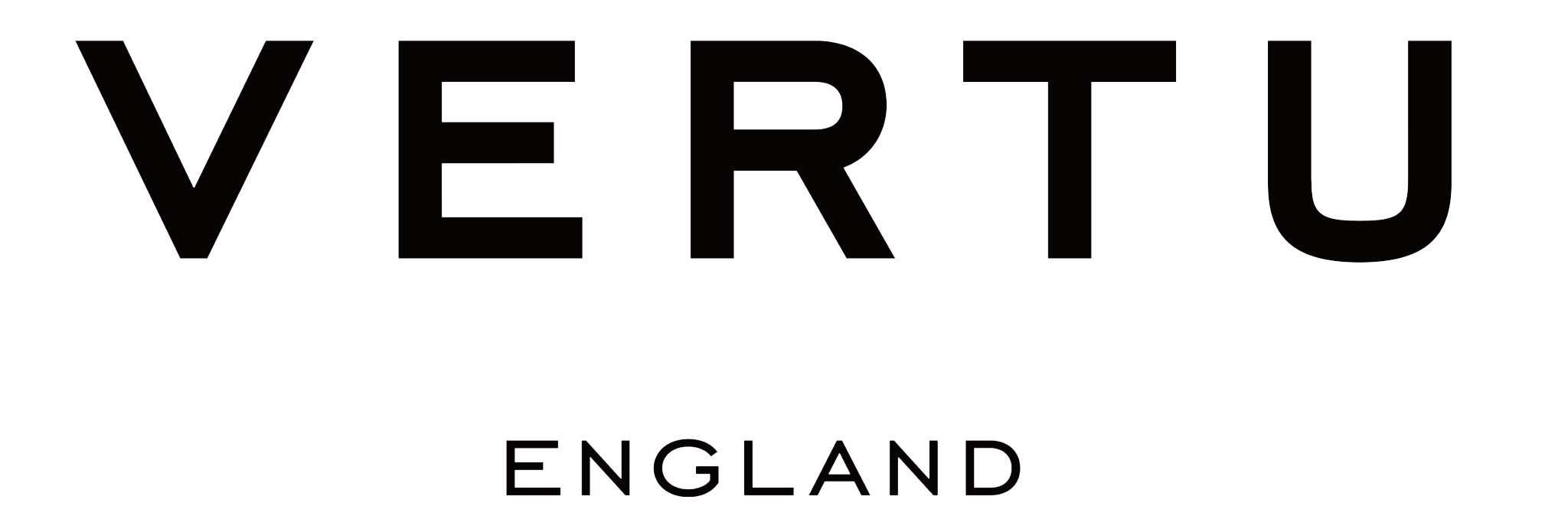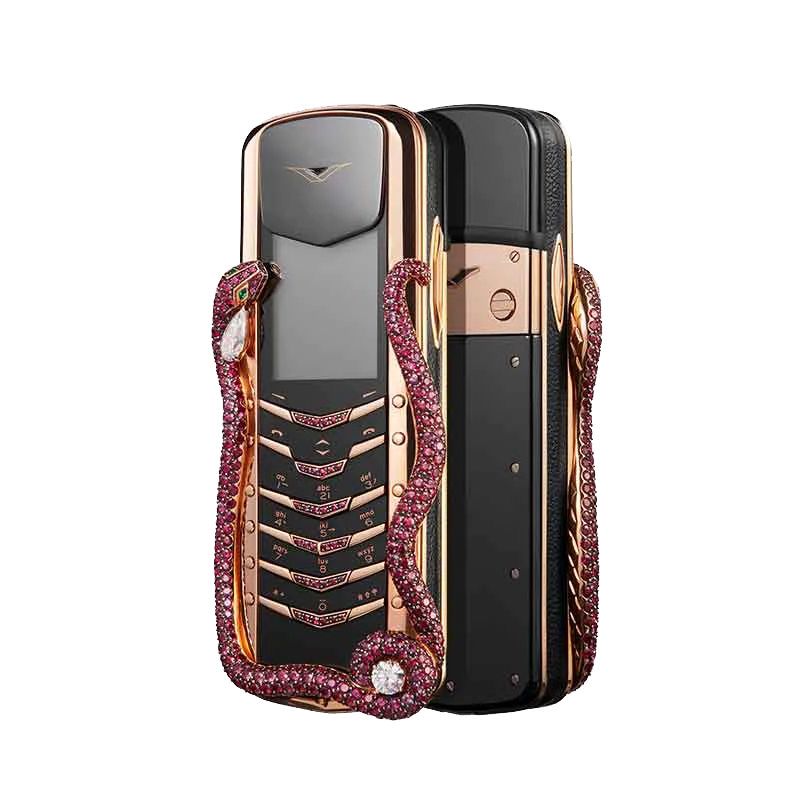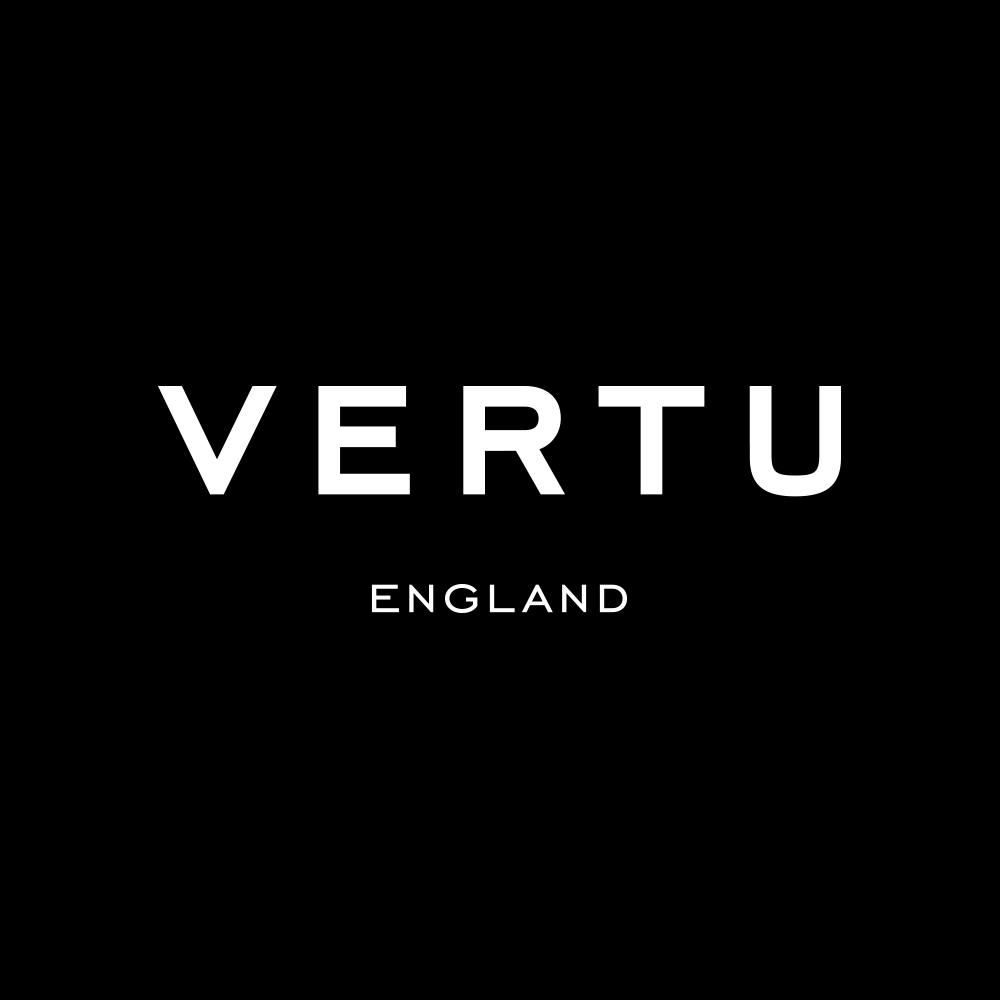In today's rapidly changing technology, artificial intelligence (AI) has become an important force for social progress and economic development. However, with the wide application of AI technology, how to ensure that its development is both safe and trustworthy has become a major issue common to the world.In 2024, the EU formally passed the Artificial Intelligence Act (AI Act), a landmark legal document that not only sets a new benchmark for the global regulation of AI, but also points out the direction of compliance and innovation in future AI applications for high-end brands like This landmark legal document not only sets a new benchmark for global AI regulation, but also points the way for high-end brands like VERTU to comply and innovate in future AI applications.

EU AI Act: the first shot of global AI regulation
The formal passage of the EU AI Act marks the establishment of the first comprehensive legal framework for the regulation of AI on a global scale. The act, which takes a phased approach to legislation in effect, aims to ensure that the development and application of AI technology can follow the principles of fairness, transparency and credibility through a unified normative and regulatory framework. The act not only covers all aspects of AI system development, market launch, and use, but also classifies AI into four levels of "unacceptable" risk, high risk, medium risk, and low risk according to the potential risk and impact of AI, and implements different levels of regulatory measures.
The introduction of this act undoubtedly sets a new benchmark for global AI regulation. It not only reflects the EU's strong determination to protect citizens' rights, promote technological innovation and maintain fair competition in the market, but also provides valuable reference for other countries in AI regulation.

VERTU and AI regulation: the road to compliance and innovation for high-end brands
As a representative of high-end cell phone brands, VERTU has always been committed to combining the latest technology with luxury quality to provide users with an excellent user experience. With the increasing popularity of AI technology, VERTU is also facing the challenge of how to ensure AI application compliance and innovation.
The passage of the EU Artificial Intelligence Act provides clear legal guidelines for high-end brands such as VERTU in their future AI applications. On the one hand, VERTU needs to strictly comply with the provisions of the act regarding the development and use of AI systems, and ensure that all AI applications comply with the principles of fairness, transparency and credibility. This will not only protect consumers' rights and interests, but also enhance the credibility and market competitiveness of the VERTU brand.
On the other hand, VERTU can also make full use of the act's provisions on promoting AI innovation and development to actively explore the application of AI technology in product design and service enhancement. For example, optimizing the performance of cell phones, enhancing user experience and realizing personalized customization through AI technology are all directions that VERTU can explore. At the same time, VERTU can also actively participate in innovative mechanisms such as the AI regulatory sandbox and real-world testing in order to promote the innovation and development of AI technology under the premise of compliance.

Looking ahead: a win-win situation for AI regulation and high-end brands
The formal passage of the EU's Artificial Intelligence Act not only sets a new benchmark for global AI regulation, but also provides a broader development space for high-end brands in future AI applications. With the continuous development and popularization of AI technology, high-end brands will pay more attention to the compliance and innovation of AI application. By complying with regulatory requirements, strengthening technological innovation and improving user experience, high-end brands will be able to stand out in the fierce market competition and achieve more sustainable development.
At the same time, we should also see that the win-win situation between AI regulation and high-end brands will not be achieved overnight. In the process of promoting AI regulation, it is necessary to fully consider the actual needs of technological innovation and market development, and avoid the adverse impact of excessive regulation on innovation. Therefore, the EU and other countries should focus on balancing the relationship between regulation and innovation when formulating AI regulatory policies, so as to provide a strong guarantee for the healthy development of AI technology.
The formal passage of the EU's Artificial Intelligence Act has fired the first shot for global AI regulation. For high-end brands such as VERTU, this is both a challenge and an opportunity. Only on the basis of complying with regulatory requirements, strengthening technological innovation and improving user experience can we realize more sustainable development and win broader market space.












